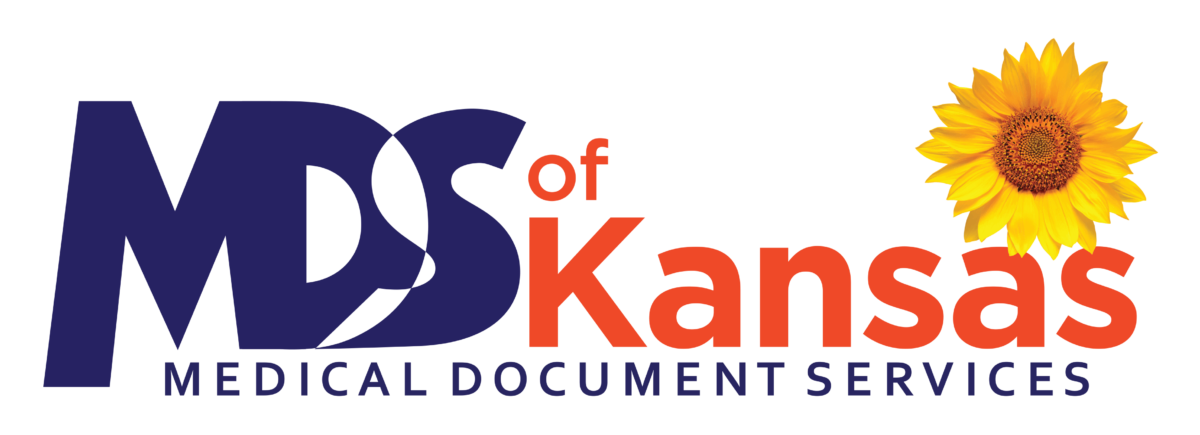Pew: Patient safety demands more robust testing of EHR usability
Healthcare IT News
Pew Charitable Trusts says not enough attention is being paid to electronic health record usability from a safety point of view. And given that federal certification requirements don’t address two key safety factors, it’s offering EHR developers and provider organizations a toolset to help boost patient protections. READ MORE
Few execs believe healthcare IT security tech will be disruptive
HealthITSecurity
Only 7 percent of executives surveyed by Reaction Data believe that healthcare IT security technology will have a significant disruptive impact on healthcare. Twenty-nine percent said that telemedicine will be the biggest disruptor, 20 percent said AI, 15 percent said interoperability, 13 percent said data analytics, 11 percent said mobile data, 3 percent said cloud, and surprisingly only 2 percent said blockchain would be the biggest disruptor. READ MORE
Hackers favor using vulnerable web apps to beat security perimeters
Health Data Management
For many organizations, vulnerable web applications may be their weakest link when it comes to an effective data security strategy. About three-quarters (73 percent) of successful perimeter breaches in 2017 were achieved using vulnerable Web applications, according to Kaspersky Lab’s analysis of penetration tests it conducted on corporate networks that year. READ MORE
HIMSS: Stark Law hinders care coordination, health data exchange
EHR Intelligence
The Physician Self-Referral Law, commonly known as the Stark Law, places unnecessary administrative burdens on providers while hindering care coordination and health data exchange, according to a letter from HIMSS to CMS Administrator Seema Verma. In response to the federal agency’s June request for information (RFI), HIMSS advised CMS to change Stark Law regulations to ensure they do not prohibit or interfere with health data exchange and care coordination.In its letter, HIMSS emphasized that alternative payment models (APMs) require a flexible regulatory framework to succeed. READ MORE
How blockchain could solve 4 major problems in healthcare
Health Data Management
The healthcare IT industry faces a host of challenges today, including silos within hospitals that restrict information sharing, integrating artificial intelligence into clinical practice, to solving the opioid crisis. While distributed ledger technologies such as blockchain won’t mitigate all of them, this technology can resolve a number of significant pain points associated with routine business processes. READ MORE
Medical Document Services of Kansas, LLC (MDS) is a Wichita, Kansas healthcare document service specializing in Medical Billing, Medical Transcription, Scribe Services, and AzaleaHealth EHR. We provide efficient, accurate, affordable quality services for hospitals, clinics, and facilities of all sizes. Call 866-777-7264 today, or visit our website for more information. We have education programs in Medical Scribe Specialists. #MedicalTranscription #AzaleaHealthEHR #RevenueCycleManagement #MDSofKansas #MedicalBillingService #MedicalScribes

